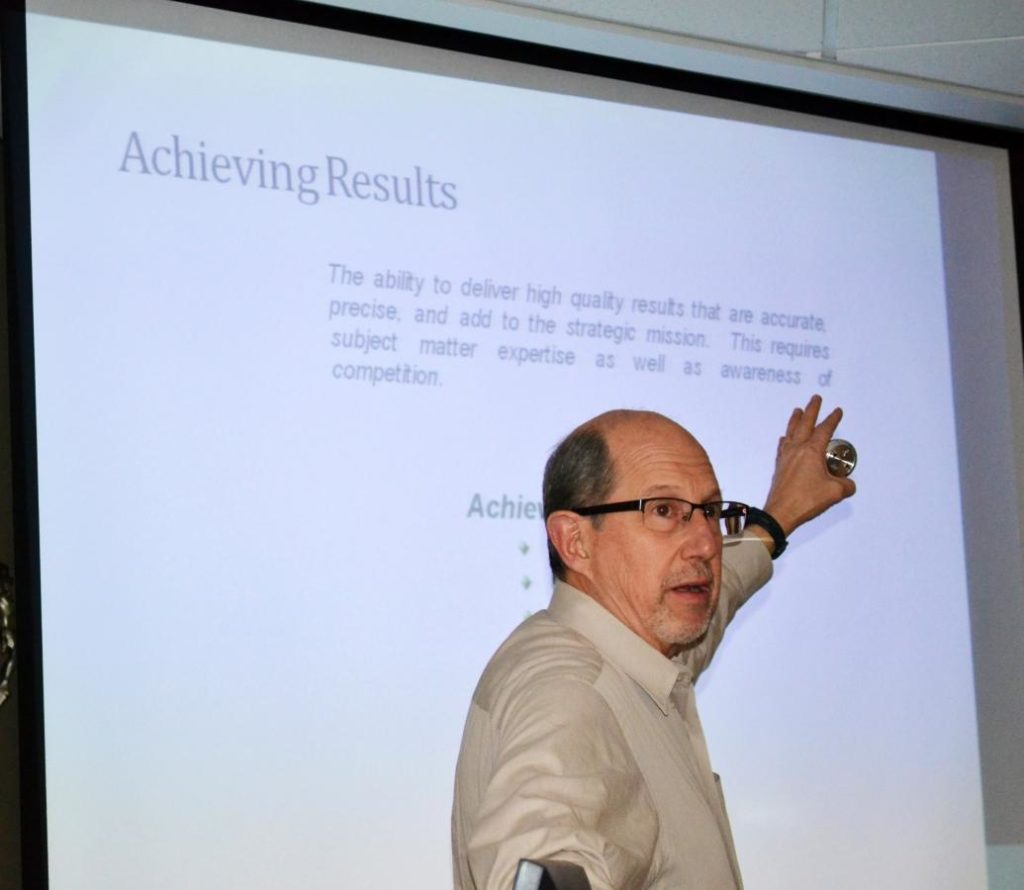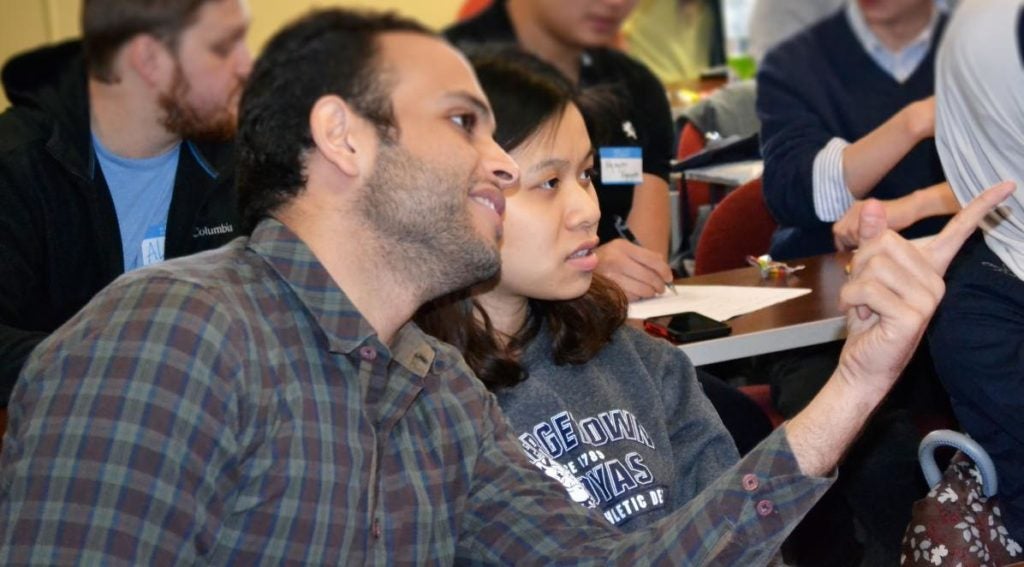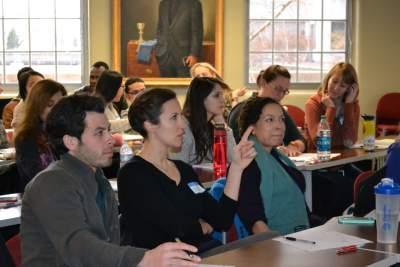SciPhD Workshop Teaches Students that There is More to Industry Jobs than Science Skills
By Felix Chiu, BGE Career Services



“What can I do to start my professional career in industry” was the question on everyone’s mind. Master’s program students, PhD candidates, and Post-doctoral scholars had all come to the SciPhD Workshop for answers on Monday evening, and they did not leave disappointed. “This presentation provided actual strategic and tactical approaches to identifying jobs of interest and discerning both overt and covert requisite qualifications,” remarked a PhD student in the Interdisciplinary Program in Neuroscience. “I left the meeting feeling much better prepared for my coming job search than after any other such meeting.”
The “meeting” was led by Randall Ribaudo, PhD, who after completing an academic Postdoc went on to find similar success in industry and become co-founder of SciPhD.com. Dr. Ribaudo’s seminar covered factors that make the transition to industry worthwhile, the types of jobs available, what these employers are looking for, and finally how to market yourself when pursuing these jobs. He defined some of the critical differences that contrast academia and industry, highlighting the emphasis of teamwork and communication in business.
“Studies have shown that 46% of new employees fail within the first 18 months,” Dr. Ribaudo pointed out. “Of those, 89% of them are fired not for technical reasons, but for attitudinal reasons. You can be the perfect scientist, but your scientific identity alone will never be sufficient.” Dr. Ribaudo continued to explain that one’s “branding” for these types of companies must incorporate a combination of “scientific identity,” “business identity,” and “social identity,” with each identity encompassing a different set of skills.
Dr. Ribaudo demonstrated how to determine which sections of a job posting appeal to each identity and ultimately how to appropriately cater a resume to a job according to what the job posting is covertly asking for. While every job posting has skills and traits that are ingrained in each of the three identities, many science students make the mistake of overemphasizing their science background while addressing little to none of the social or business oriented skills and traits that the job posting asks for. One pharmacology Master’s student admitted not realizing the level of trepidation non-academic employers can have about academics potentially “poisoning the well,” in terms of group dynamic. The seminar highlighted the importance of displaying one’s non-technical skills to show both an interpersonal and team-building focus.
With the tips on catering one’s resume to the job, Dr. Ribaudo also provided insights into other critical areas of job seeking such as resume formatting, cover letters, interview tips, and networking. Dr. Ribaudo’s advice on these matters can be summed up in his re-emphasizing point: “Every interaction you have is a chance to ask questions and leverage your network. [In these situations,] always frame your communication using Social Intelligence.”
